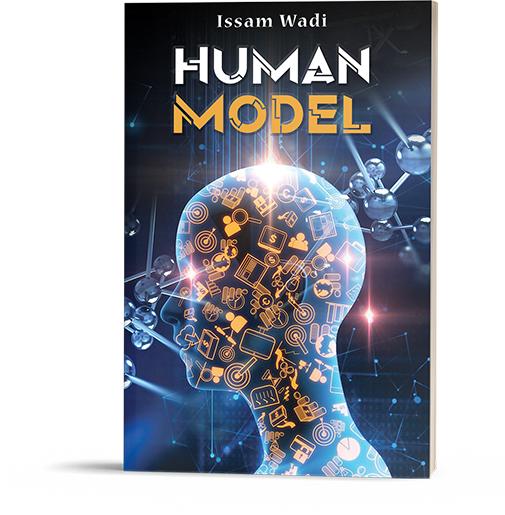
A “Highly Connected” World… Is it the cause of Recent “Economic Chaos” ?
I am an engineer, not a financial expert nor economist. However, a fan, who read tens of related books, including most Warren Buffet’s, M. El-Erian books & many others, beside practiced trading as a hobby since 90’s. Economics is real science, with complex modelling challenges. I learnt, 30 years ago, the efficient & inefficient market theory as great investors earn money because of market inefficiencies, which is inevitable as markets are driven by humans & computers (which are programmed by human).Regardless how disciplined people are, their behavioral biases affect their financial decisions, causing them to act on emotional drivers, biases, fear, greed or poorly processed data. In early 90’s, human behavior influence on markets was less than 15%, which was then significant. Let’s examine today’s case vs the 90’s (see my book, Human model on this, https://lnkd.in/d5SmJkHh). Today, human connectivity is huge & diversified (4 billions vs 45 millions in 1995), much faster, longer (hours vs minutes) & real-time (vs transactional or manual), with much bigger access to information. Similarly, people have access to more modern analysis tools, reports etc. Also, % of people involved in markets has increased exponentially in past 2 decades. If we agree that people’s behavior has impact on markets, then based on number of people connected, frequency of connection, diversity of people, time of & speed of connection, then the “Connectivity Intensity Factor (CIF)” today is huge vs the 90’s, making market & economy management arduous (using existing theories & models), trying to predict & analyze markets with a degree of accuracy. I am aware that a new science called “Behavioral Finance” was created to deal with this, however, I am not aware if it uses robust modelling methods or just qualitative & subjective ones. AI & Analytics based SW tools, are being used since 90’s, but whether adequate or not, I am not sure, especially predicting the impact of people’s connectivity on economy and market movements. Past 15 years proved that markets are not well understood, not by governments, nor by central banks, top economists & traders, as used to be in 90’s & 80’s. This situation may explain the prevailing chaotic markets and global economic situation, facing helpless analysts, experts, governments and economists. See the chaos in past few years, related to interest rates, inflation, high living costs, abnormal changes in bonds’ returns, attempts to control inflation in major countries, de-growth & Digital currency volatility. See muddled attempts by central banks & governments to stabilize economies, rising debt in most major countries (global debt is more than 2 times global GDP & USA debt is reaching 40 T$ soon), is this normal ?Do we need new theories & tools to reflect impact of technology on markets or is it an ethics issue ?
Post Views : 303